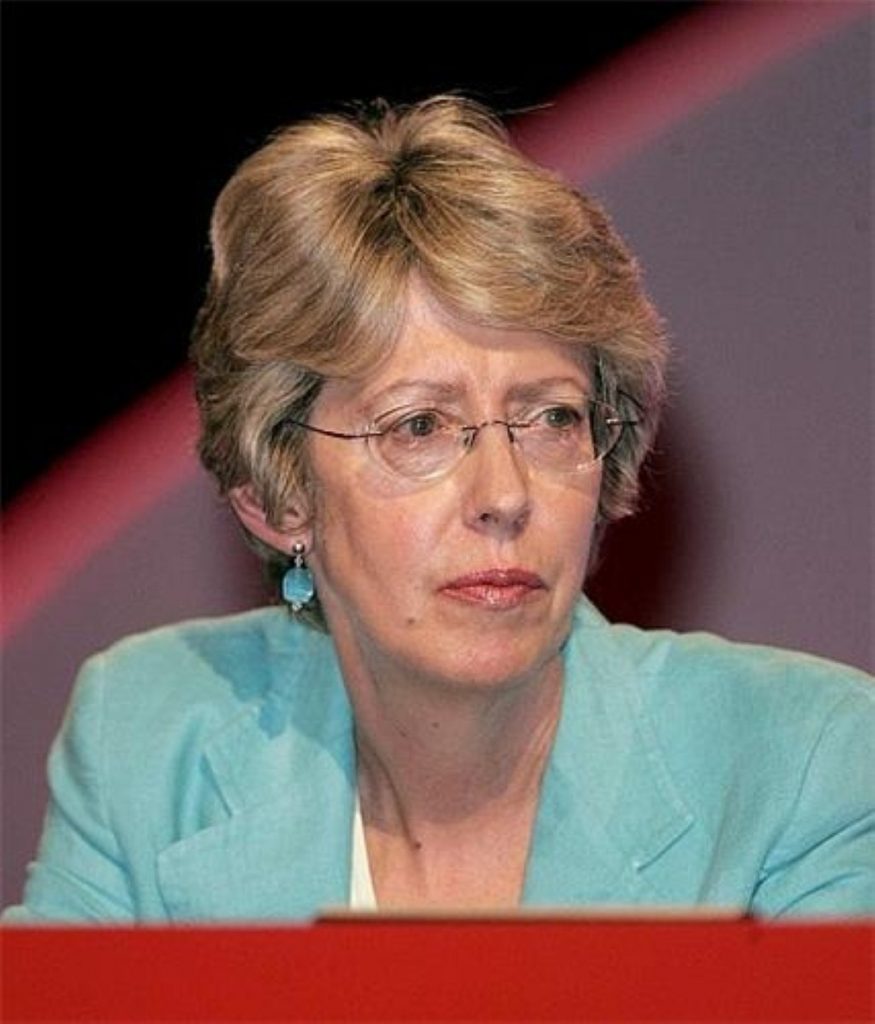MPs battle over state of the NHS
Government ministers and Conservatives MPs engaged in a four-hour parliamentary battle yesterday when they debated the state of the NHS.
The Tories had called for the Commons debate to highlight the government’s failures in the health service, and called on MPs to back a motion condemning the loss of up to 20,000 hospital posts, cuts in training budgets, and the closure of services and wards.
“I can promise that we will have policies that never lead, through gross mismanagement, to the problems that we face today and for which the current government are responsible,” shadow health secretary Andrew Lansley said.
But health secretary Patricia Hewitt hit back with her own motion praising the trebling of funding in the NHS by 2008, the employment of 32,000 more doctors and 85,000 more nurses, major cuts in waiting times and falling cancer death rates.
She condemned the Tories for being “confused and dishonest” about what they would do with the health service, warning: “The Conservatives want to be all things to all people – old Tory, new Tory, left, right and centre Tory – but they are being found out.”
Ms Hewitt’s motion won the day, by 302 votes to 230, but the ferocity of the debate shows the government is determined not to let the Conservatives take over an area of policy on which Labour has long held the upper hand.
David Cameron has promised to make the NHS his priority and has committed the Tories to real-term increases in health service spending. This weekend, his MPs are holding a national day of action to protest against cuts to hospitals staff and services.
“I know that it depresses Labour members that the leader of the opposition has frequently said that he will give priority to the NHS and has expressed his determination not only to increase its resources but to give it freedom from day-to-day political interference,” Mr Lansley noted.
He defended the Conservatives’ plans for an independent NHS – something Tony Blair yesterday said he would not back – and argued that inspection bodies would remain responsible for value for money and ensure those running the service were accountable.
By contrast, Mr Lansley argued that the government’s management of the health service meant NHS staff were “seeing a feast turn into a famine”. And he defended his claims that 20,000 jobs would be cut by hospitals this year against Mr Blair’s denials.
“Only today, the NHS Confederation confirmed the 20,000 job loss figure. It appears that the prime minister, like his health secretary, is living in a parallel universe,” he said.
Mr Blair had rejected this claim during prime minister’s questions earlier in the day, but yesterday afternoon Ms Hewitt took up his argument once again, by noting that although this many job cuts had been predicted, they were unlikely to materalise.
Mid Yorkshire hospital NHS trust had warned of up to 400 job cuts, she said, but in reality had make just six staff compulsorily redundant.
She defended cuts in services as necessary to ensure value for money, arguing that while the Tories said they were in favour of more healthcare closer to people’s homes, they opposed cutting beds and staff in the acute hospitals which used to provide that service.
The health secretary went on to attack the Tories’ pledge to ensure fair funding for trusts, saying it was a policy that disregarded variations in need and was “taking from the poor and giving to the rich.[it] just shows that [the party] has not changed an inch”.
Ms Hewitt also rejected Mr Lansley’s claim that although cancer survival rates had been improving, this was the case in all developed countries and not simply the result of government initiatives. She said his comments “belittle” the work of NHS staff.





-01.png)